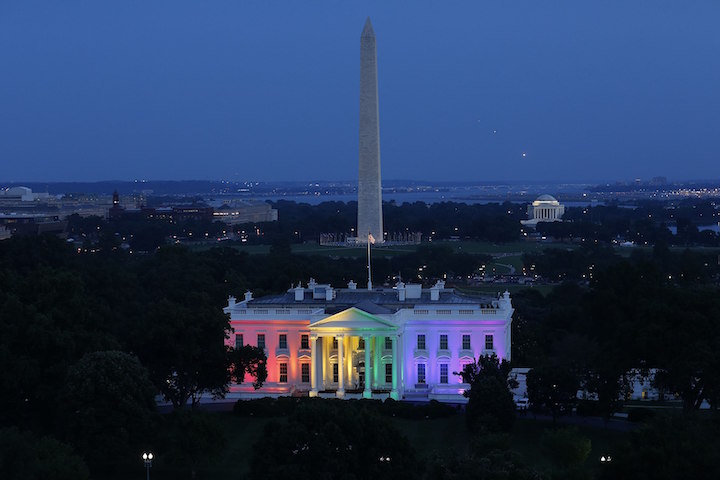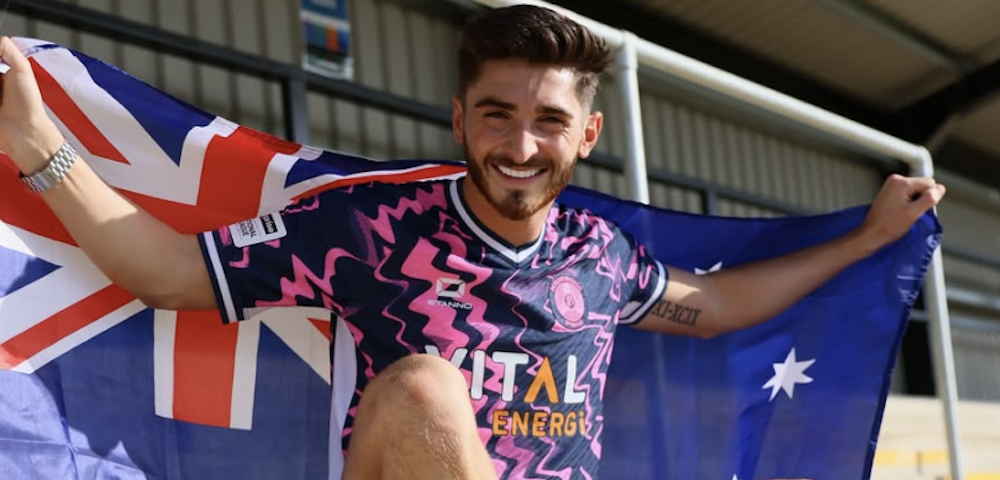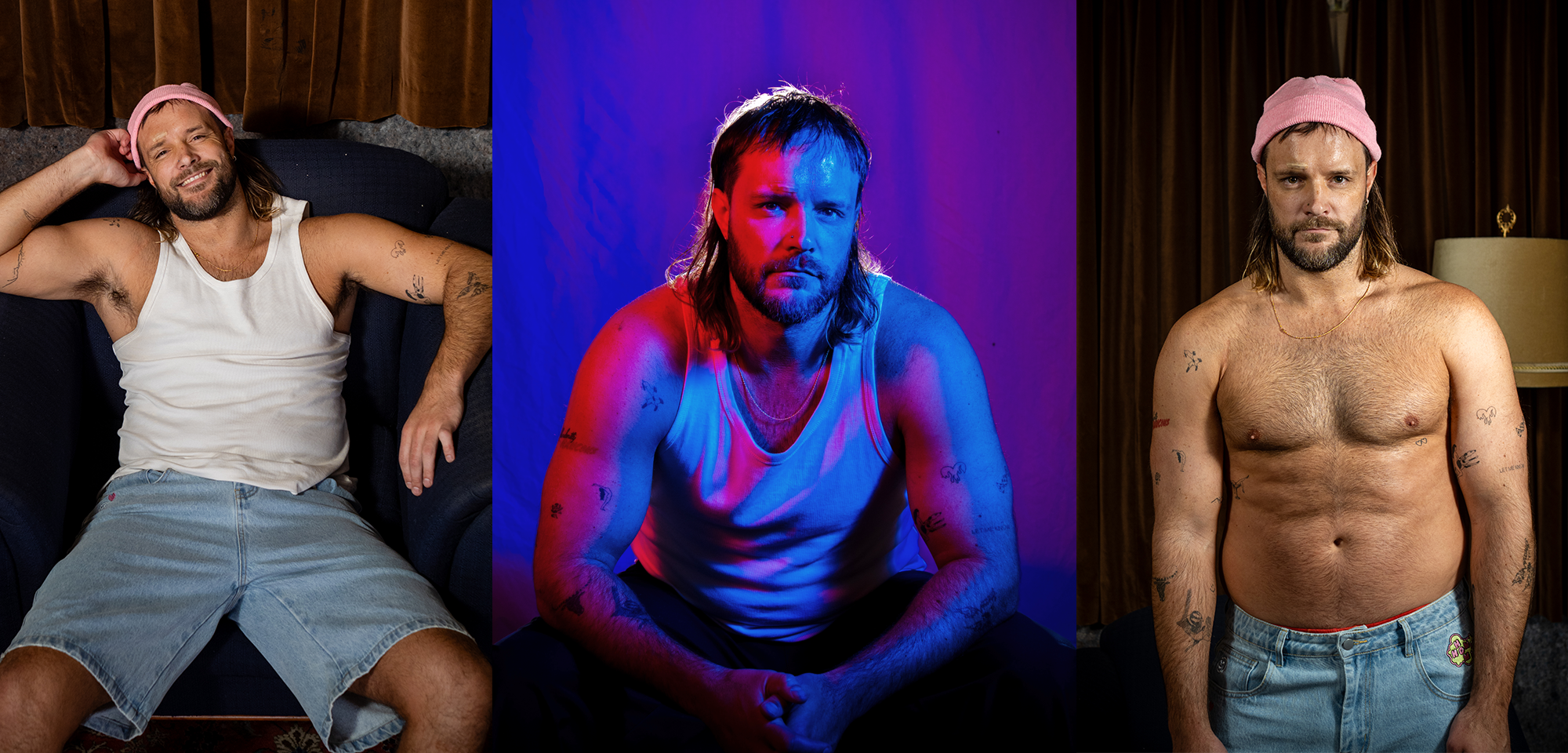
US Supreme Court Bans Sexuality Based Discrimination

The US Supreme Court has ruled that employers cannot discriminate against employees because of their sexual orientation in a landmark decision.
The US’ top court ruled six votes to three that federal law which prohibits discrimination based on sex should also include sexual orientation and gender identity.
The Supreme Court ruled to uphold Title VII of the Civil Rights Act of 1964, which outlaws discrimination against employees because based on sex, race, nationality – and now, sexuality.
The decision has been a significant blow for the Trump administration this month.
“Today we must decide whether someone can be fired simply for being homosexual or transgender,” the court said. “The answer is clear.”
Two conservative justices joined the Supreme court’s four liberal members in the decision – Justice Neil Gorsuch, a conservative appointee from the 2017 Trump administration who wrote the ruling, and Chief Justice John Roberts.
Gorsuch confirmed that acting against an employee on the grounds of sexuality necessarily takes sex into account.
“An individual’s homosexuality or transgender status is not relevant to employment decisions,” Gorsuch wrote in the decision. “That’s because it is impossible to discriminate against a person for being homosexual or transgender without discriminating against that individual based on sex.”
Justice Gorsuch and Justice John Roberts were joined by the Supreme court’s liberal wing, Justices Ruth Bader Ginsburg, Sonia Sotomayor, Stephen Breyer, and Elena Kagan.
Workplace prejudice against LGBTQI employees had been legal in much of the US, with 28 states lacking protective measures against employment discrimination.
The ruling itself involved three cases from workers who were fired because of their sexual or gender identity.
Two gay rights cases from Georgia and New York along with a transgender rights case from Michigan recognised new worker protections in federal law.
One of the plaintiffs in the case, Gerald Bostock, said in an interview with CNBC that he was “elated.”
Bostock was fired from his job as a child welfare services coordinator for joining a gay softball league in 2013.
“This has been a long seven years as you know,” Bostock said. When the decision came out. “I went into shock. My partner and I embraced. I was thinking this has to be good, this has to be good.”
The decision was also welcomed by Democratic nominee for president, Joe Biden, who served as Vice President in 2015 when the Supreme Court made its ruling in favour of same-sex marriage.
“Before today, in more than half of states, LGBTQ+ people could get married one day and be fired from their job the next day under state law, simply because of who they are or who they love,” Biden said.
On Monday, Trump said at a White House event that “some people were surprised.” However, Trump then went on to say that: “they’ve ruled, and we live with their decision. That’s what it’s all about. We live with the decision of the Supreme Court.”
Since the beginning of June (Pride Month), Donald Trump has done everything in his power to ensure that the LGBTQI community suffers under his administration.
Last week, the Trump administration announced it was eliminating an Obama-administration regulation prohibiting discrimination against transgender patients accessing health care.
The move took place on the four-year anniversary of the fatal Pulse nightclub shooting, where 49 people were killed at the popular LGBTQI Orlando venue.
Section 1557 of the Affordable Care Act, known as the ‘Health Care Rights Law’, “prohibits discrimination based on race, colour, national origin, sex, age or disability in certain health programs and activities.”
However, the US Department of Health and Human Services said in a statement on Friday that it was eliminating: “certain provisions of the 2016 Rule that exceeded the scope of the authority delegated by Congress in Section 1557.”
“HHS will enforce Section 1557 by returning to the government’s interpretation of sex discrimination according to the plain meaning of the word ‘sex’ as male or female and as determined by biology.”
Hopes have now been sparked that the Supreme Court’s ruling in the ‘Civil Rights Act of 1964’ case regarding the definition of ‘sex’, can also be prescribed to the definition of ‘sex’ in the Affordable Care Act.
At the beginning of Pride Month, Department of Justice attorneys submitted a 35-page brief to the Supreme Court asking it to rule in favour of Catholic Social Services (CSS). The CSS is a Philadelphia-based adoption agency insisting it should be allowed to turn away same-sex couples under the First Amendment.
The Department of Justice noted that CSS would only work with married heterosexual couples or single people, “because it adheres to the belief that marriage is the union of a man and a woman.”
“It regards all same-sex couples as unmarried,” the brief stated.
Multiple lower courts in Philadelphia had already denied the CSS; however, the Supreme Court agreed to take up the case earlier this year.
The Department of Justice argued that the Fulton v City of Philadelphia case should be of interest to the Supreme Court because the government believes in protecting the right to exercise religious beliefs.
The Department of Justice also defended the CSS, saying they would refer same-sex couples to other foster agencies.
“Philadelphia’s actions also reflect unconstitutional hostility towards Catholic Social Services’ religious beliefs,” the brief stated.









